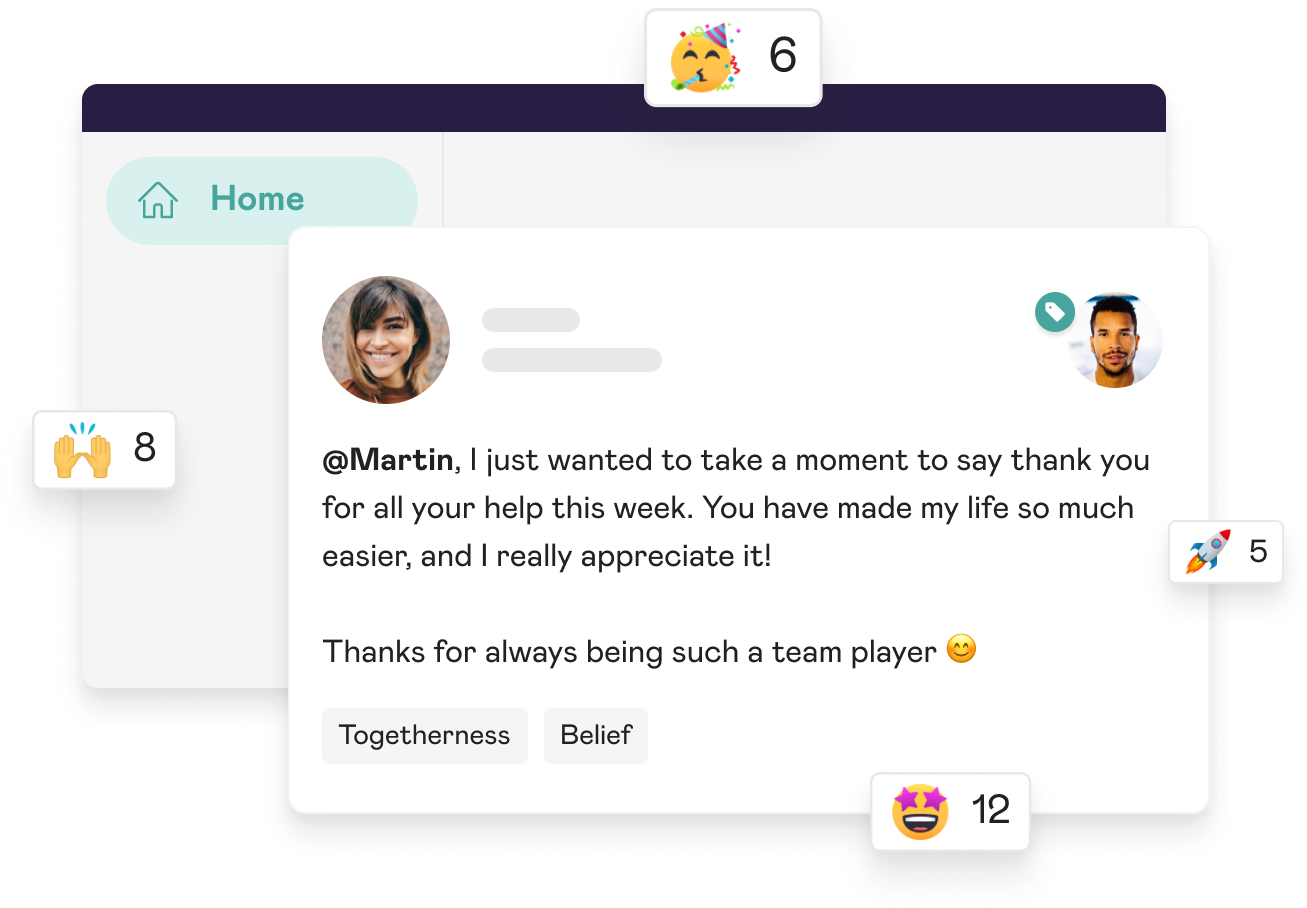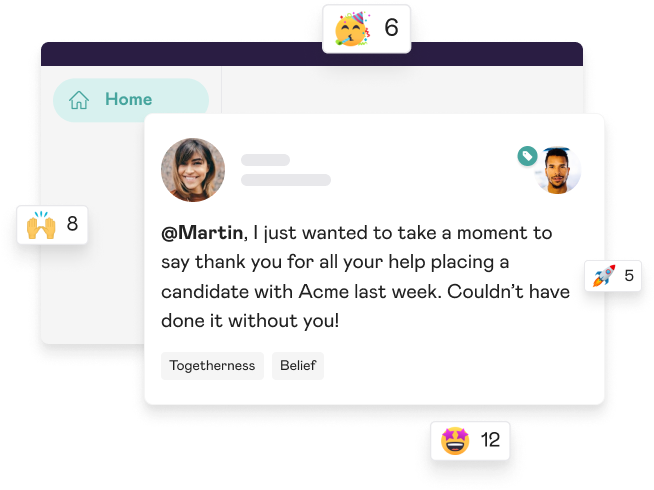Leadership is a set of skills, not just a shiny job title. If you want to improve your leadership skills, you don’t need to be a leader to benefit from a leadership mindset. Don’t wait for a spot in the corner office before you start demonstrating leadership traits. Instead, start embodying your ambitions in appropriate ways and the rest of the world will soon wake up to your potential for leadership roles.
Just look at Taylor Swift. She is the world’s biggest artist for the fourth year in a row. Did she accept the situation when she lost the rights to her old albums?
Nope. Swift stepped up to re-record and re-release them herself, proving she was capable of leading her career better than her male managers.
Swift’s leadership success led Harvard Business Review to publish the paper ‘Taylor Swift: A Mastermind of Influence‘, detailing the pop star’s power-building prowess. It notes her resiliance and ability to inspire others as her key leadership qualities.
Take a step out of Swift’s book and take another look at the challenges you face. By acting like a leader, you can widen your sphere of influence, instigate change and make a real difference to your company’s bottom line.
Most Leaders Are Reluctant
In this article, our experts break down the skills you need to hone if you want to succeed in a leadership role – regardless of whether you’re a manager or not. Most managers arrive at their job accidentally. If you take control of your leadership trajectory, you can set yourself apart from 82% of the managerial class.
If you’re happy in a non-leadership role, perfecting these skills will benefit your workplace culture, giving your team the foundation for a productive year.
When you have the power to inspire and influence your colleagues, you make things happen. That’s a significant impact – no matter your role.

When to Lead and When to Follow
While we’re all about not hiding your light under a bushel, it’s not always appropriate to try out those leadership skills. There are occasions when quietly following is the best choice. For example, if there’s a high-stakes project nearing completion and the project manager is working hard to keep everyone on task, don’t step in and test out your leadership skills. Let everyone stay focused on the finish line and take any lessons you pick up into the next project.
If, on the other hand, you notice your team is struggling to stay motivated on an ongoing task, why not see if you can make a difference? Look out for occasions when there’s a leadership vacuum or where it’s obvious no one wants to take charge. Those are the situations you’re most likely to shine in.
How to Lead a Team Effectively
You don’t need to be a boss to hold influence in your organisation. Level up your leadership style by trying out the following leadership tips.
Speak Up For Yourself
Leaders come up with ideas and are always on the lookout for ways to make things better – and they know how and when to share them. There’s no point in coming up with a way to revolutionise your processes and systems if they never see the light of day.
When you analyse current ways of working, be sure to volunteer ideas to your colleagues and the leadership team. Become a change-maker to create the differences that you want to see and don’t be discouraged if your ideas aren’t implemented right away. All you need to do is garner a reputation as someone who has good ideas and wants to make things better.
Empower Your Team
What do all great leaders have in common? Excellent communication skills.
Leaders communicate clearly and transparently. They’re great at sharing a vision and encouraging colleagues to follow their lead and they know to modulate their language to suit the situation. Whether that’s formally presenting an idea to the board or making casual suggestions to their peers.
They also understand that good communication is a two-way street; they’re prepared to listen just as much as they talk. If you want to be a leader, you need to think about the ways that you’re connecting and communicating with your colleagues.
Make use of all of the avenues open to you. Schedule 1-to-1s. Chat at the coffee machine. Raise ideas and contribute to conversations wherever possible.
If you are using employee engagement software like Mo, take advantage of how easy it is to start and maintain conversations every single day.

Employ Long-Term Thinking
We all like to feel that we’re making a difference, which is why people feel more invested in their work when they understand how their piece of the puzzle fits into the bigger company picture. Knowing the value your small contributions make helps keep you motivated and sets an excellent example for everyone around you.
Teach yourself how to connect everyday tasks to the bigger picture of your business and empower both yourself and your team.
Build Trust With Your Collegues
According to MIT research, we crave belonging the same way we crave food when hungry. It’s a crucial part of positive human interaction and an essential part of making work a positive place to be.
Fostering a feeling of togetherness will naturally make you a compelling presence and the kind of colleague that people want to spend time with. You can get started in small, simple ways. Celebrate the moments that matter, give everyone their chance to take the floor and offer an opinion, and include everyone in company communications.
Our platform empowers employees to share Moments with their team, encouraging team members to communicate and build positive relationships.
Prioritise Values
There’s no room for self-interest if you want to become an inspiring leader. Your decisions have to be based upon a clearly defined set of values.
Take some time to figure out your values and see how they match up with your company’s core values. These don’t have to be the same, the key is in finding and developing the areas of overlap.
When your teammates see you truly living by these values and acknowledging them in others, they will trust your intentions more. They will also believe that you are aligned with their goals.
Celebrate Success
A close team should focus on getting things done and celebrating the contributions that make those things possible. Supporting and celebrating each other is a fantastic way to strengthen teams, and your hard work will definitely be recognised.
Our platform encourages effective peer-to-peer recognition (and can also include rewards, if your team’s love language is gift giving) to build consistant habits of celebration.
Simple tried and tested team appreciation goes a long way. Leaders should elevate their team, highlight their efforts and let them take credit for their good work. Start embodying this mindset long before you move into a leadership role and you’ll see how far the benefits take you.
Transform your culture with Mo

- Improve employee engagement scores
- Reduce employee churn
- Build a collaborative culture
Focus on Development
Some people have innate leadership abilities, but even the best could use a few pointers. That’s why great leaders dedicate time to self-development – and it’s never too early to start.
It’s possible to hone and develop a whole host of skills, including communication, conflict resolution, negotiation and decision-making, by opening yourself up to training opportunities.
Ask your manager if there’s any chance of external training or even internal mentoring. Alternatively, hunt out any online courses or resources that could help you achieve your goals.
Demonstrate Integrity
If your teammates are going to follow you, they have to trust in you. And they can only trust you if you demonstrate integrity.
To do this effectively, avoid getting swept up in any unhelpful office politics. Avoid water cooler gossip. Don’t play favourites. Always be willing to own up to your own mistakes and happy to discuss ways you could do things differently.
Make a conscious decision to lead by example and you’re much more likely to be taken seriously – and to build the kind of environment it’s enjoyable to work in.
Keep Learning
Good leaders lead by example and treat their team members with respect. By building strong relationships with your colleagues, you can set the foundation for future leadership opportunities.
Avoid the mistake of believing that you need to create a sense of self-importance in order to impress higher-ups.
Don’t think you have to act important to impress your superiors. It’s better to be humble and genuine to build trust and strong relationships. This will help you succeed in leadership roles. Remember to stay grounded and true to yourself.
Be an Active Listener
The little things make a big difference and the most successful leaders know how important it is to pay attention. Celebrate team birthdays, ask how projects are getting on, and chat about non-work-related things when you get a chance. Good leaders know that leadership is about building relationships. You can start forming relationships regardless of your current position.
How to Lead: Key takeaways
- Don’t worry if you feel nervous or untested when it comes to trying out new skills. Practice makes perfect, after all.
- Leading by example is one of the most effective things you can do and you can get started long before you’re officially in a leadership position. Find your values and stick to them.
- Remember that the best leaders are also excellent team players. Focus on connection, communication and appreciation and you’ll find that people start to look to you for leadership when it’s needed.
Curious to see how Mo could help your team build those all-important relationships and free up time to improve soft skills? Ask your manager to book a demo.




